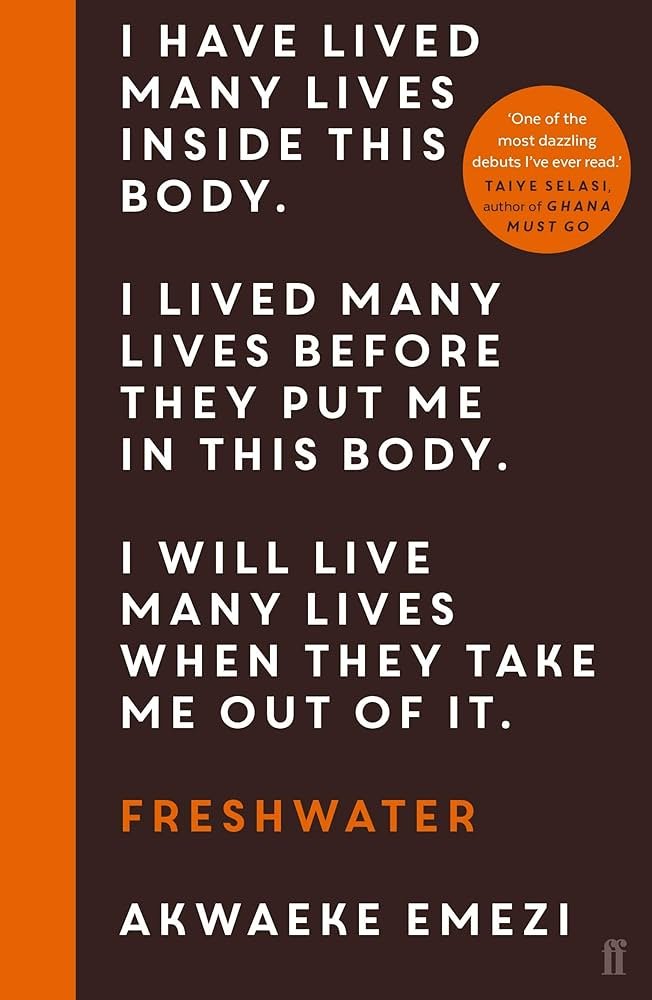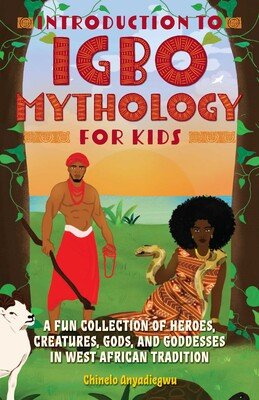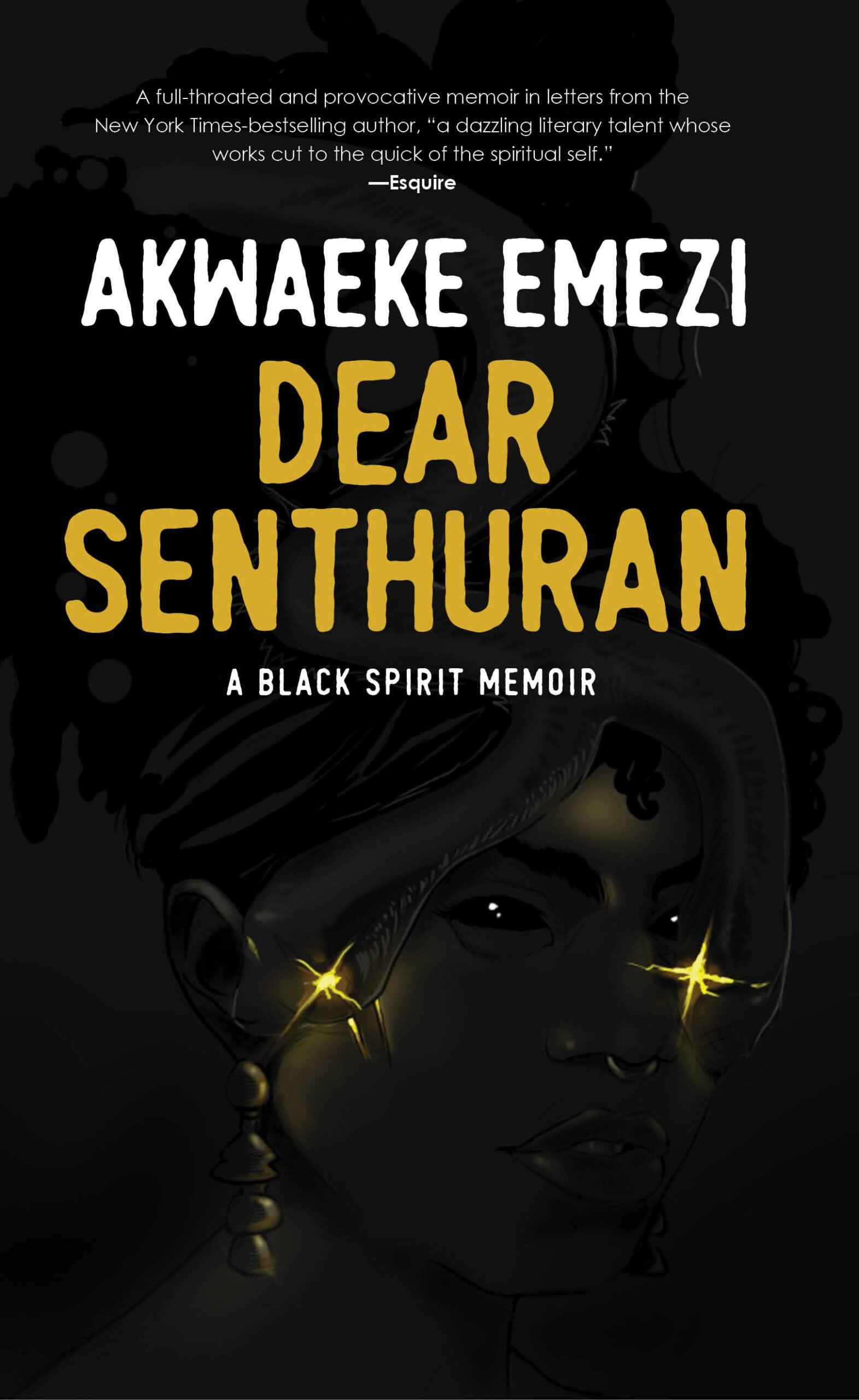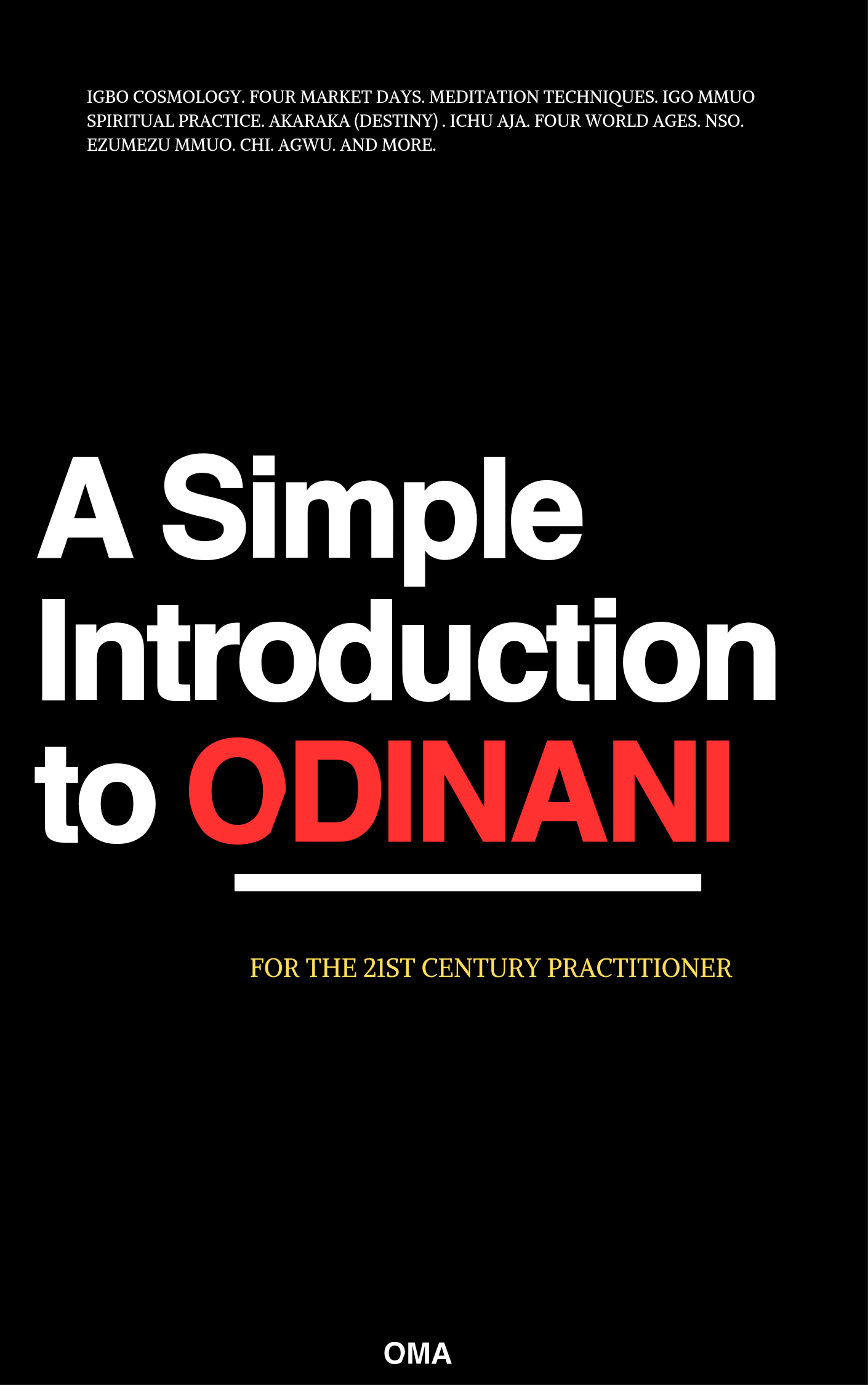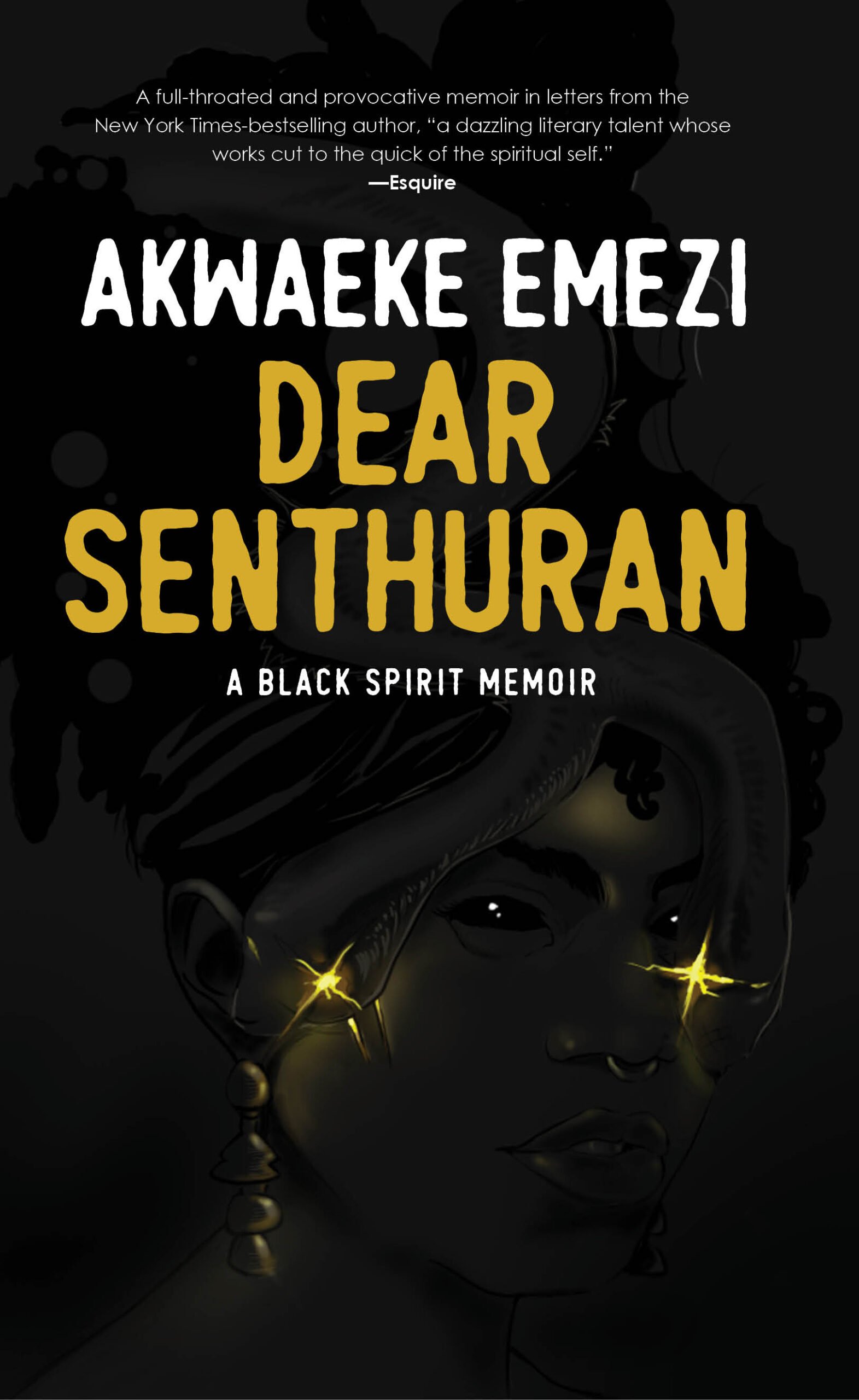The Bride Price by Buchi Emecheta (Book Review)
Blurb
A Nigerian girl is allowed to finish her education because a diploma will enhance her bride price, but she then rebels against traditional marriage customs.
Introduction
Buchi Emecheta is one of the legendary icons of feminism, because of the difficult themes her books tackle. I read The Joys of Motherhood at a young age and it opened my eyes to feminism and why it is important to advocate for women's rights. Haven married at the young age of 16, she lends her voice to speak on the oppression women face, and the ultimate causes being poverty and ignorance.
Setting
This book is set in the 1950’s during the WWII, when Nigerians fought in the war as a part of the British colony. According to the book, “…her husband returned from Burma, when the war ended some five years before…”
Plot
Akunna, a thirteen year Igbo old girl lives with her family in Lagos. Hers is a small family of four, with her parents being Ma Blackie and Ezekiel Odia and her brother, Nna-Ndo.
Even though her mother is tall, healthy and cheerful, she has a problem. She is unable to have more children after having her and her eleven year old brother.
So she travels to Ibuza their homeland to recharge herself for fertility. Now, this is something I don't understand. Procreation is the duty of both the man and woman. Why then is it the duty of the woman only to go and perform rituals and recharge herself for fertility?
It doesn't help that she has her life and kids to take care of in Lagos. But she throws everything aside to look for solutions for her inability to have more children.
“She had heard over and over again her Ma Blackie and her Nna quarrelling over this great issue of childlessness. Nna would go on and on, talking in that small, sad voice of his, telling Ma. reminding her that he had had to pay double the normal bride price before he was able to take Ma as his wife…”
So how is this the woman's fault? Her inability to have more children is not remotely her fault. But it's sad that in those days, and even now, women bear the brunt of childlessness. As if it doesn't take two to tango. As if she does the job of procreation alone.
But while she is in the village, her husband dies in Lagos. And this is where the plot thickens. She would relocate to the village with her kids, and because they have lived all their lives in Lagos, it would be difficult for them to cope.
Not only does she relocate to the village, she is also made to get married to her husband's brother, Okonkwo.
Now Okonkwo already has three wives, and one would think he is content with the women in his life. But no. He needs more, because according to them, women are properties to be owned and kept in the comfort of your home.
Young as she is, Akunna knows this is wrong. She doesn't want her mother to be Okonkwo’s wife. She doesn't want to be Okonkwo’s daughter. But she doesn't wield any power at all to stop that from happening.
In Ibuza, a potential groom offers bride price in exchange of the potential bride. In their defence, the money is compensation for the loss of a worker in the bride's family. And the amount paid as bride price is measured by the quality of the bride to be.
If she went to school, then the bride price would be higher. And that is the only reason why Okonkwo allows Akunna to go to school, because of the amount of money she would fetch as her bride price.
But along the line she falls in love with Chike, her school teacher and refuses to marry the man her family finds for her. Now Chike is from the descendants of slaves and so, it's a taboo for a free born to marry a slave. But would Akunna give in to her family, or will she triumph in love with Chike? You have to read this book to find out.
Themes
EXISTENCE OF A CASTE SYSTEM: In Igboland, there is the existence of a caste system that has been the tradition for many years. And even after so many years, there hasn't been an erasure or modification. There are the people who are called Ndị Osu, outcasts. There are Ndị ohu, slaves. And Ndị Nwadiala, freeborns.
The outcasts are the children of deities, while the slaves are from the descendants of slaves. And so these two classes have no business mingling with the freeborns in the name of matrimony.
But even after many years, does this caste system still serve Ndi Igbo? I think traditions are made by men, and for men, and it shouldn't wield too much power in the sense that it can't be modified.
I feel like this caste system has done and is still doing more harm than good to the Igbo people. And should be modified, if not totally erased.
FEMINISM: Feminism is the movement for the recognition of women's rights. What feminism seeks to achieve is for women to be treated as equal humans as their male counterparts.
Back then and even now, women are treated unfairly. Like their whole existence is to cater for the needs of men. As if the only thing they have to offer is to be groomed for marriage.
“Aku-nna knew that she was too insignificant to be regarded as a blessing to this unfortunate marriage. Not only was she a girl but she was much too thin for the approval of her parents, who would rather have a strong and plump little girl for a daughter. Aku-nna just would not put on weight, and this made her look as if she was being starved; but she simply had not the kind of healthy appetite her brother Nna-nndo had. And that was not the end of the disgrace she was showering on her family. If a child at the other end of Akinwunmi Street had chicken-pox, Aku-nna was bound to catch it; if someone else at the bottom of the yard had malaria. Aku-nna would have her share too. For her it was forever a story of today foot, tomorrow head, the day after neck, so much so that her mother many a time begged her to decide once and for all whether she was going to live or die. One thing Ma Blackie could not stand, she said over and over again, was a “living dead”, an ogbanje.”
Now why would anyone be made to think they're insignificant as a child and as a human being? In our world today, when a woman gives birth to a male child, she's been congratulated for having both feet strong in her husband's house, even after having female children prior.
I like that this book highlighted these problems. Even though it is set in the 50’s, these issues are still prevalent in our world today.
SUPERSTITION AND TABOOS: Every culture has its own taboos synonymous to them. In Igbo, it is called ‘nsọ ala’. These taboos are laws that are created to regulate the land, because a lawless society is calling for anarchy and doom.
While some of these taboos are great, I think some of them are formed out of superstitions and should be modified or totally erased.
In this book, it is said that it's a taboo not to marry whoever your family brings for you to marry. That you don't have a say even in your marriage. You must marry the man, no questions asked.
But it's wrong. Women have the right to choose to do or not to do something. As a human being, you have the freedom of choice. And if you choose not to get married to someone, then your choice is supreme.
Final Thoughts
This book is timeless. It's a wake up call to everyone, to open their eyes to feminism and the issues that arise where feminism is dead. Women should no longer live their lives as properties, as creatures specially designed for men's benefits and whims.
They are full human beings with freewill and rights. Chief Chimamanda Ngozi Adichie says we should all be feminists, and I totally agree.
I'm happy that we have classics like this book and other works of Buchi Emecheta, to open our eyes to feminism and why we should come together and fight for women's rights.






